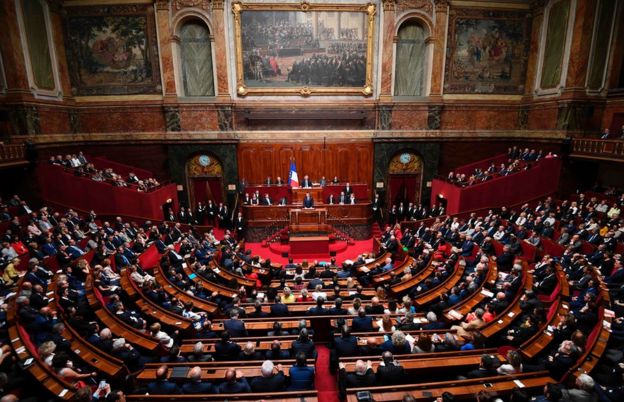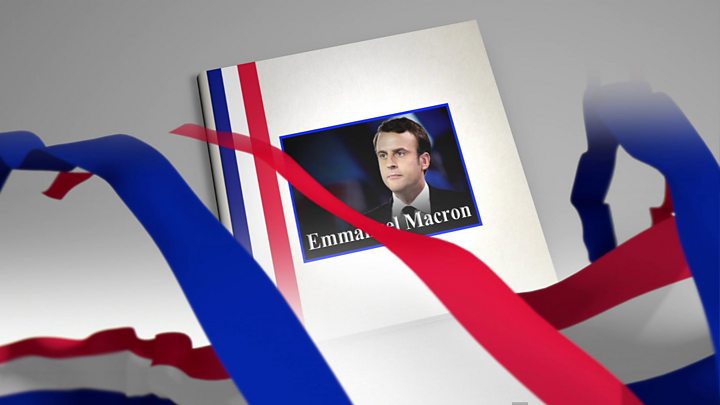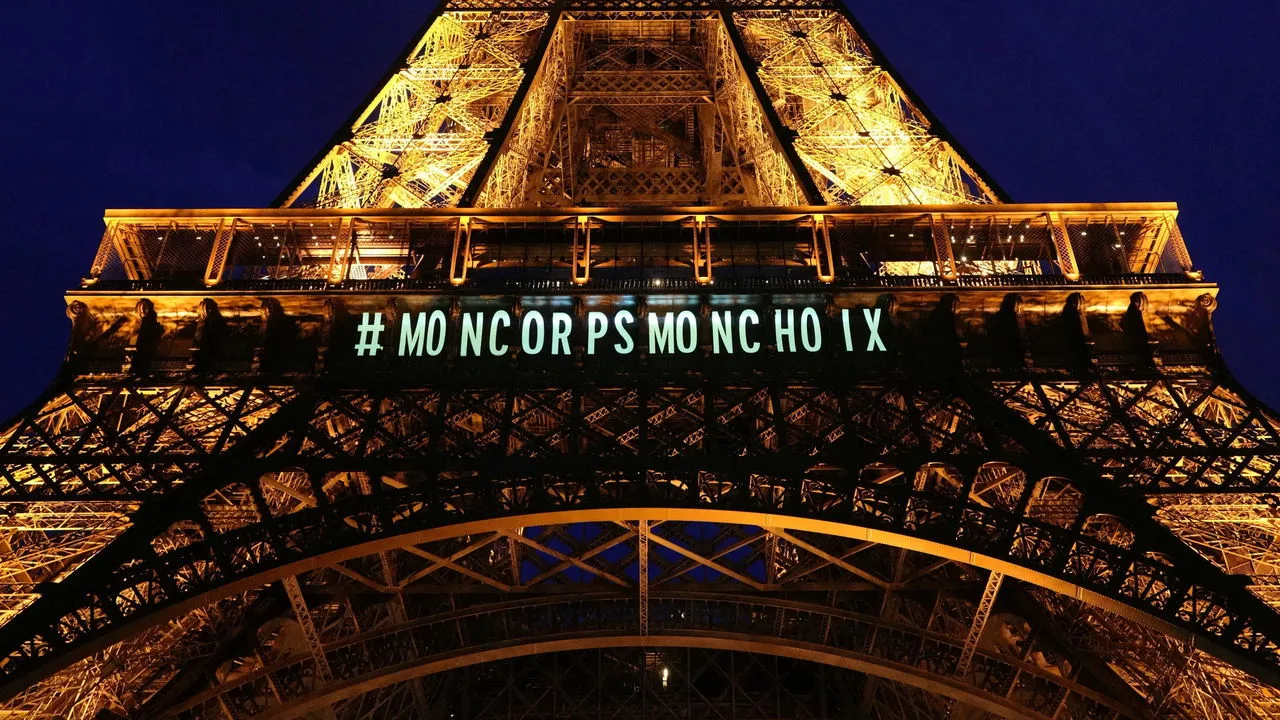This article is more than
7 year oldMacron seeks to cut number of France MPs by a third
Speaking at the historic Palace of Versailles, he said he planned to cut the number of lawmakers by a third.
Doing so would produce a more efficient government and put France on a "radically new path", said Mr Macron.
The French president says he has a broad mandate after sweeping wins in presidential and parliamentary elections this year.
If his proposed changes were not passed by parliament within a year, he said he would take the decision to a referendum.
In his 90-minute speech, the 39-year-old leader vowed to return a "collective dignity" to France.
"In the past, procedures have taken preference over results, rules over initiative, living off the public purse over fairness," he said.
The proposed cuts would reduce the number of National Assembly members from 577 to 385, and the numbers of Senate members from 348 to 232.
He also said:
- The European Union had "lost its way" in the past 10 years amid growing bureaucracy - a solution was a "new generation of leaders"
- France's electoral system would be changed to allow more proportional representation, so more voices would be heard at government level
- France's state of emergency, put in place after terror attacks, would be removed by the autumn
Mr Macron is not the first president to convene a session at Versailles, the grand 17th Century palace outside Paris built by Louis XIV, "the Sun King".

It is rare for the French president to address Congress at Versailles - Nicolas Sarkozy was the first
The decision to convene Congress at the palace has come in for criticism, however, and has provided further material for critics of Mr Macron who have accused him of aloofness.
While he engaged freely with the press during his electoral campaign, he has made little contact since, and will not conduct the traditional presidential interview for the 14 July national holiday, Bastille Day.
Three parties, including Jean-Luc Mélénchon's far-left France Unbowed, boycotted the event. Mr Mélénchon accused Mr Macron of "crossing a line with the pharaonic aspect of his presidential monarchy".
The front page of Monday's Libération showed an image of Mr Macron as Jupiter, the god of gods, holding forked lightning. Expressing concern, the centre-left newspaper said the session in Versailles was the latest manifestation of the president's authoritarian nature.

Mr Macron's La République en Marche (LREM) party began life only in April 2016, but the former finance minister swept to victory in the second round of the presidential election on 7 May.
A month later, his party and its allies went on to claim 350 of the 577 seats in parliamentary elections, a win he says has given him the mandate to push through wide-ranging social and economic reforms.
Meanwhile, police have confirmed that a suspected far-right extremist has been charged with plotting to kill Mr Macron at the Bastille Day parade later this month.
- What's next on president's agenda?
- Macron's meteoric rise
- Macron's official portrait prompts meme frenzy

Macron revelling in symbolism - Hugh Schofield, BBC News, Paris
The style of the Macron presidency is becoming clearer. He thinks that Charles de Gaulle, founder of the Fifth Republic, got it right: France's head of state should be distant, surrounded by symbolism and mystique, above the fray.
That is why he decided to call this exceptional joint session of the Senate and the National Assembly - to set out to lawmakers from his position of supreme authority what he expects of them in the years to come.
Of course it's convenient that the session took place in Versailles, a place of monarchical associations like no other.
Emmanuel Macron feels the presidency was debased by his predecessors, who either interfered too much in the detail of policy, or pandered to the media.
He wants to stop that, but critics are already saying he is getting above himself - and assuming powers he should not have.
Keywords
Newer articles
Bombshell new theory on Titan sub disaster
‘Orange turd’: Porn star’s swipe at Trump
Justin Bieber announces huge personal news
Netflix edits out awkward Kim moment
How Kendrick Lamar and Drake changed rap beefs forever Rapid-fire releases and fast pace of modern life elevate diss war to levels unparalleled in hip-hop history.
Kendrick Lamar Beat Drake By Being Drake
Miss Teen USA resigns days after Miss USA departure
UN assembly urges Palestine membership after vote
Sean 'Diddy' Combs asks judge to reject lawsuit alleging rape of 17-year-old girl in 2003




